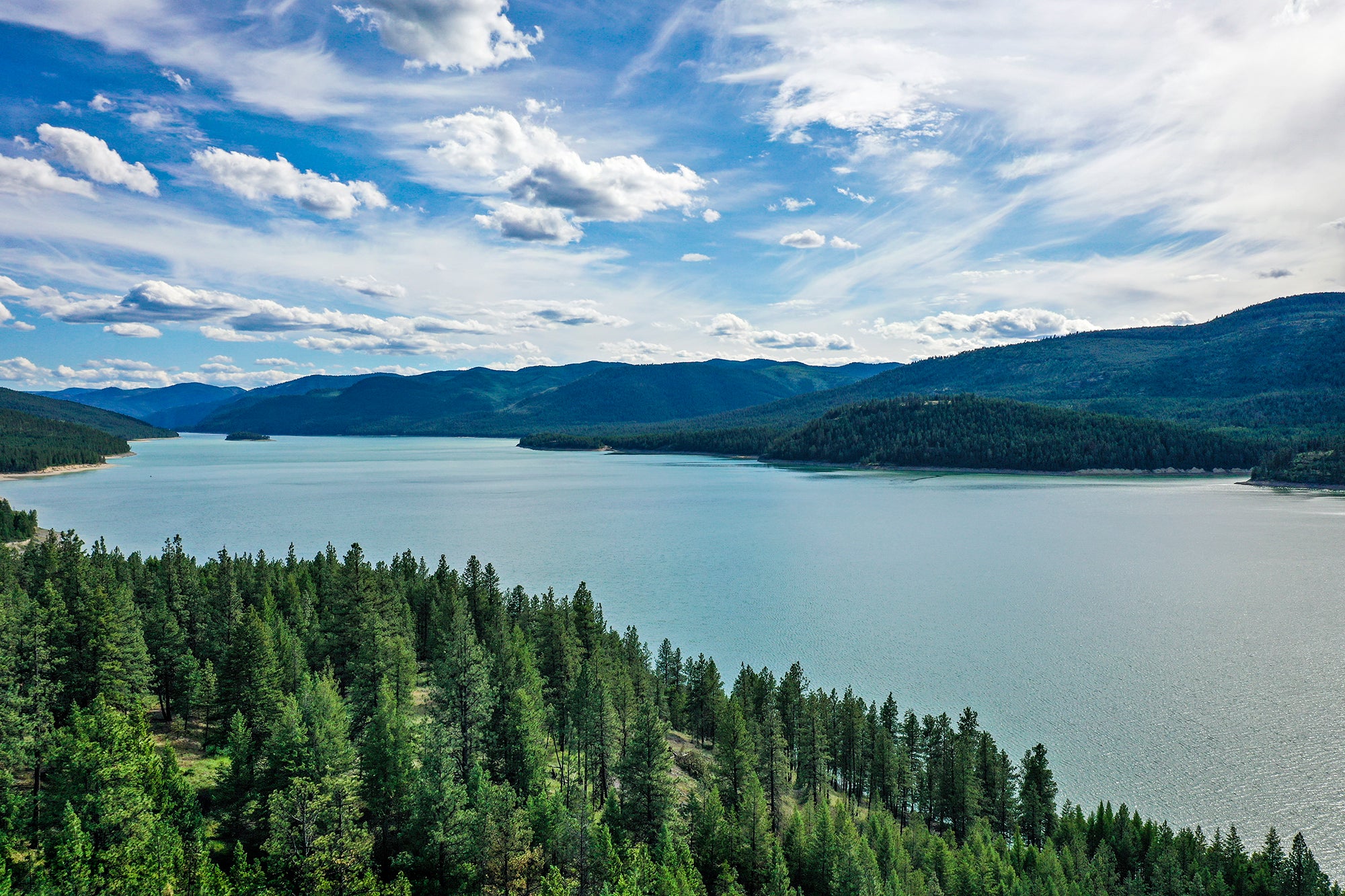US, Canada and indigenous groups announce proposal to address cross-border mining pollution
The U.S., Canada and several indigenous groups have agreed to address pollution from coal mining in British Columbia that's been contaminating waterways on both sides of the border for many years

Your support helps us to tell the story
From reproductive rights to climate change to Big Tech, The Independent is on the ground when the story is developing. Whether it's investigating the financials of Elon Musk's pro-Trump PAC or producing our latest documentary, 'The A Word', which shines a light on the American women fighting for reproductive rights, we know how important it is to parse out the facts from the messaging.
At such a critical moment in US history, we need reporters on the ground. Your donation allows us to keep sending journalists to speak to both sides of the story.
The Independent is trusted by Americans across the entire political spectrum. And unlike many other quality news outlets, we choose not to lock Americans out of our reporting and analysis with paywalls. We believe quality journalism should be available to everyone, paid for by those who can afford it.
Your support makes all the difference.The U.S., Canada and several indigenous groups announced a proposal on Monday to address the pollution from coal mining in British Columbia that's been contaminating waterways and harming fisheries on both sides of the border for years.
The proposal would be executed through a century-old U.S.-Canada boundary waters treaty, establishing independent boards to study the pollution’s extent and make cleanup recommendations.
Details were obtained by The Associated Press in advance of the proposal's public release. It comes after indigenous groups in British Columbia, Montana and Idaho lobbied for more than a decade for the federal governments in the U.S. and Canada to intervene and stop the flow of pollution.
Scientists from the U.S. Environmental Protection Agency several years ago confirmed high levels of selenium in fish and eggs in Montana’s Kootenai River downstream of Lake Koocanusa, which straddles the U.S. Canada border. The chemical, released when coal is mined and washed during processing, can be toxic to fish, aquatic insects and the birds that feed on them.
Some members of the Ktunaxa Nation — which includes two tribes in the U.S. and four first nations in Canada — depend on those fish populations for sustenance.
“The fish, especially the smaller ones, you see a lot of damage. You're starting to get abnormalities in their bodies, reproductive issues,” said Tom McDonald, Vice Chairman of the Confederated Salish and Kootenai Tribes in northwestern Montana. “It has to stop.”
Selenium concentrations in water entering Lake Koocanusa have been increasing for decades, and studies have shown it’s coming from coal mines in the Elk River Valley of British Columbia. The Elk River drains into the Kootenai before it crosses the border into Montana, then flows into Idaho and eventually joins the Columbia River.
Diplomatic groundwork for Monday's proposal was laid last year, when President Joe Biden and Prime Minister Justin Trudeau announced in March 2023 that the U.S. and Canada hoped to reach an “agreement in principal” in partnership with tribes and first nations to reduce the pollution in the Elk-Kootenai watershed in the following months.
“All the parties know that time is of the essence," said Stephenne Harding, senior director for lands at the White House Council on Environmental Quality. “The pollution levels in this system are increasing and we need shared solutions to protect people and species. This process helps bring together all the data and the knowledge … so we have it in one place where we can make important decisions.”
Gary Aitken Jr., Vice Chairman of the Kootenai Tribe of Idaho, said tribal leaders have been lobbying for federal intervention for at least 12 years.
“It’s been frustrating,” he said. “We hope it’s a turning point and that the governments will work in good faith to finally begin” cleanup work.
The proposal calls for no more than two years of study to gauge the extent of pollution. The goal is to develop a plan to reduce pollution impacts “as quickly as possible,” said U.S. Deputy Assistant Secretary of State Rachel Poynter.
“This is a first step and we recognize that, but it is a critical key first step,” Poynter said.
A Canadian coal company paid a $60 million fine in 2021 after pleading guilty in a court case involving pollution discharges blamed for killing fish in nearby waters in Canada and harming fish downstream in Montana and Idaho. Investigators in Canada found Teck Resources Limited discharged hazardous amounts of selenium and calcite from two coal mines north of Eureka, Montana.
Representatives of Teck Resources said at the time of the fine that the company had invested about $1 billion in water treatment facilities and pledged to spend up to $655 million more to further protect nearby waters. A company spokesperson did not immediately respond to a request for comment on Monday's proposal.
Coal from the region is mined through a highly disruptive method known as mountaintop removal and sold to foundries for steel and metal production.